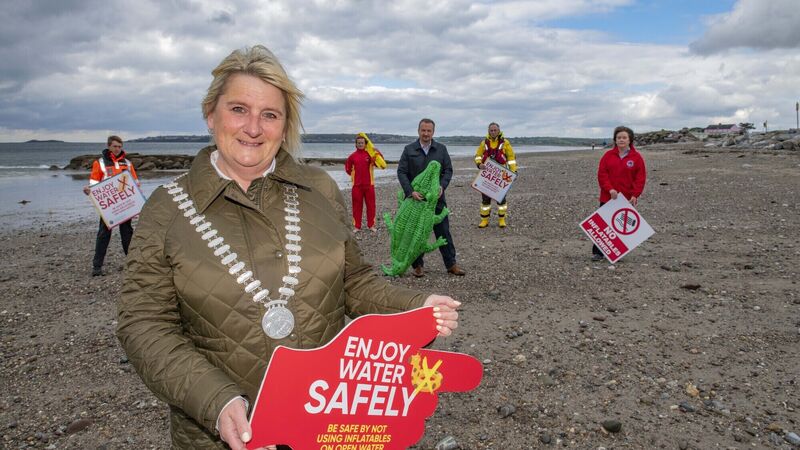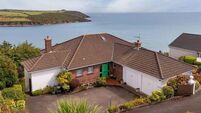Water safety tips every parent needs to know this summer

Cork County Council in conjunction with the Irish Coast Guard, RNLI, Water Safety Ireland and a number of other Local Authorities have produced two short films on the dangers of using inflatable toys in open water. The key message is Enjoy the Water Safely but Be Safe by not using inflatables on open water.
AS we head into the busy season at the seaside — with wonderful Blue Flag beaches on our doorstep, like Redbarn, Barleycove, Garretstown, Inchydoney, and Kinsale — water safety is of the uppermost importance.

- Don’t swim alone.
- Don’t swim after eating.
- Don’t swim if you’re too hot or tired.
- Don’t swim in strange places.
- Don’t swim out after anything drifting.
- Don’t stay in the water too long.
- Don’t swim out to sea.
- Swim parallel and close to shore.
- Do what the lifeguard tells you.
- Never use air mattresses.
- Pay attention to signs on the beach.
- Don’t be a bully.
- Learn to use equipment before trying it out.
- Learn resuscitation.











 App?
App?


